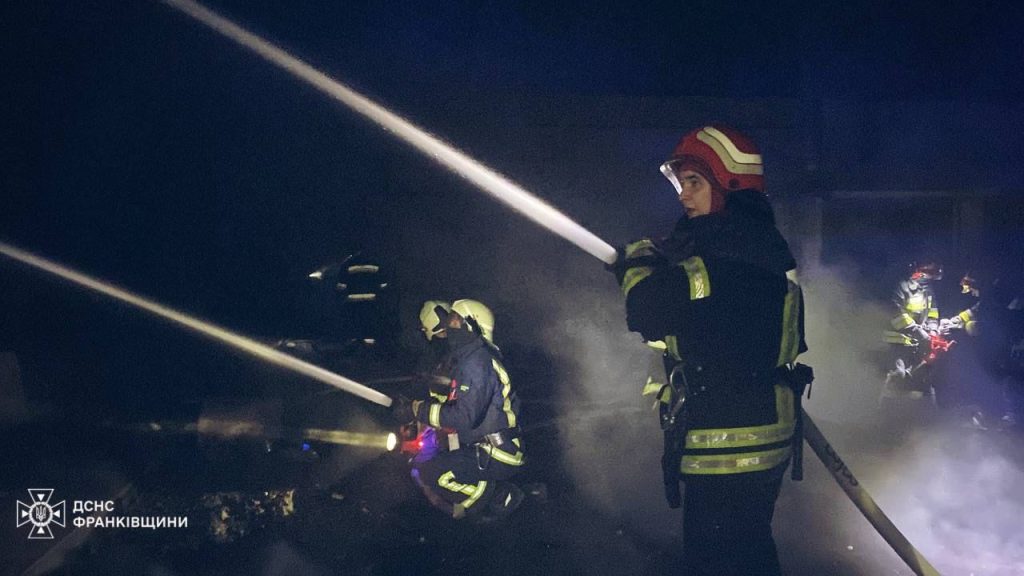Russian forces launched a mass missile attack against Ukraine overnight on April 27, targeting energy facilities in Dnipropetrovsk, Ivano-Frankivsk, and Lviv oblasts. Ukrainian authorities reported damage and casualties as a result of the attack. The Air Force stated that Russia fired 34 missiles, 21 of which were intercepted by the country’s military. The Energy Minister of Ukraine, German Galushchenko, reported that equipment was damaged and an energy engineer suffered a concussion at one of the facilities. Ukraine’s largest private energy company, DTEK, stated that four of its thermal power plants were significantly damaged, with efforts underway to assess and address the consequences of the attack.
The exact locations of the affected facilities were not disclosed by DTEK in order to protect sensitive information about Ukraine’s critical infrastructure. The company indicated that there were casualties as a result of the attack, and energy workers are working to mitigate the impact of the damage caused. The situation remains under assessment as authorities continue to gather information about the extent of the destruction and casualties. This attack on energy facilities highlights the vulnerability of critical infrastructure to military strikes, and underscores the importance of protecting such assets during times of conflict.
The mass missile attack by Russian forces on energy facilities in Ukraine is a significant escalation in the ongoing conflict between the two countries. The attack not only caused damage to infrastructure but also resulted in casualties, including an injured energy engineer. The targeting of energy facilities raises concerns about the impact on the country’s ability to maintain its energy supply and meet the needs of the population. Ukraine relies heavily on its energy infrastructure to power homes, businesses, and essential services, making it a critical component of the country’s stability and security.
The attack on Ukraine’s energy facilities by Russian forces underscores the importance of international support for Ukraine in its defense against aggression. The Ukrainian military’s ability to intercept a significant number of missiles demonstrates its determination to protect the country’s sovereignty and infrastructure. As the conflict continues, support from the international community, including independent journalism, is crucial in raising awareness about the situation in Ukraine and holding those responsible for the attacks accountable. By standing in solidarity with Ukraine, individuals can contribute to efforts to deter further aggression and protect the country’s interests.
The consequences of the attack on Ukraine’s energy facilities are still being assessed, with efforts underway to address the damage caused and ensure the continuity of energy supply. The impact of the attack on the country’s energy infrastructure highlights the need for resilience and preparedness in the face of external threats. As Ukraine works to rebuild and strengthen its energy facilities, support from the international community will be vital in helping the country recover from the destruction and prevent future attacks. The attack serves as a reminder of the challenges facing Ukraine in the midst of conflict, and the importance of solidarity and support in overcoming adversity.
In the face of the attack on Ukraine’s energy facilities, it is essential for individuals to support independent journalism and stay informed about the developments in the ongoing conflict. By raising awareness and sharing accurate information about the situation in Ukraine, individuals can contribute to the global response to the aggression and help protect the country’s interests. Support for independent journalism in Ukraine is crucial in providing accurate and timely reporting on the conflict, and shedding light on the impact of attacks on critical infrastructure. Together, through solidarity and support, we can stand with Ukraine in its defense against aggression and work towards a peaceful resolution to the conflict.















